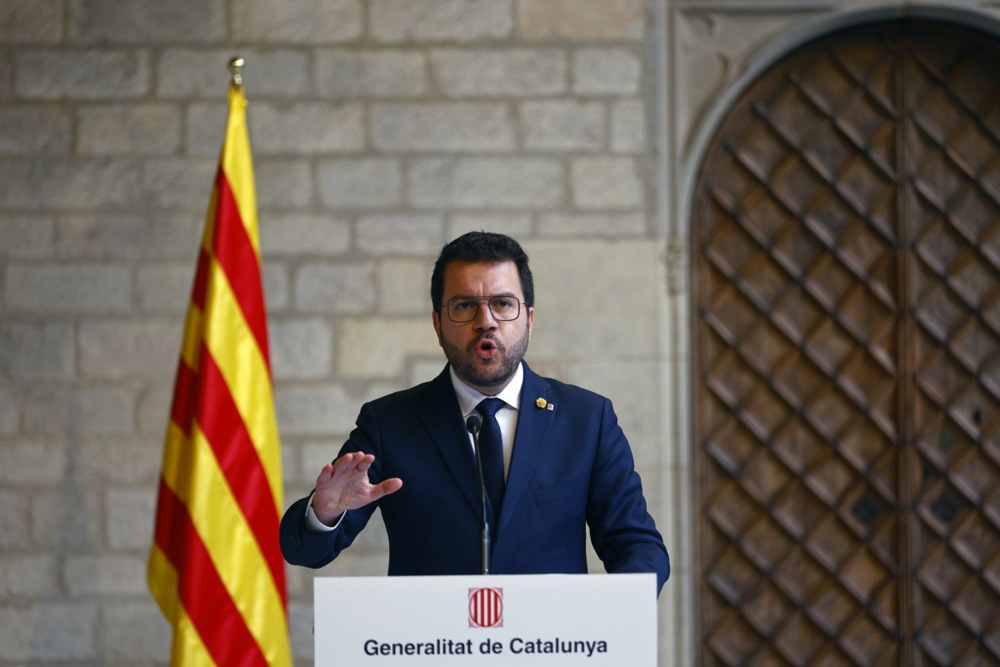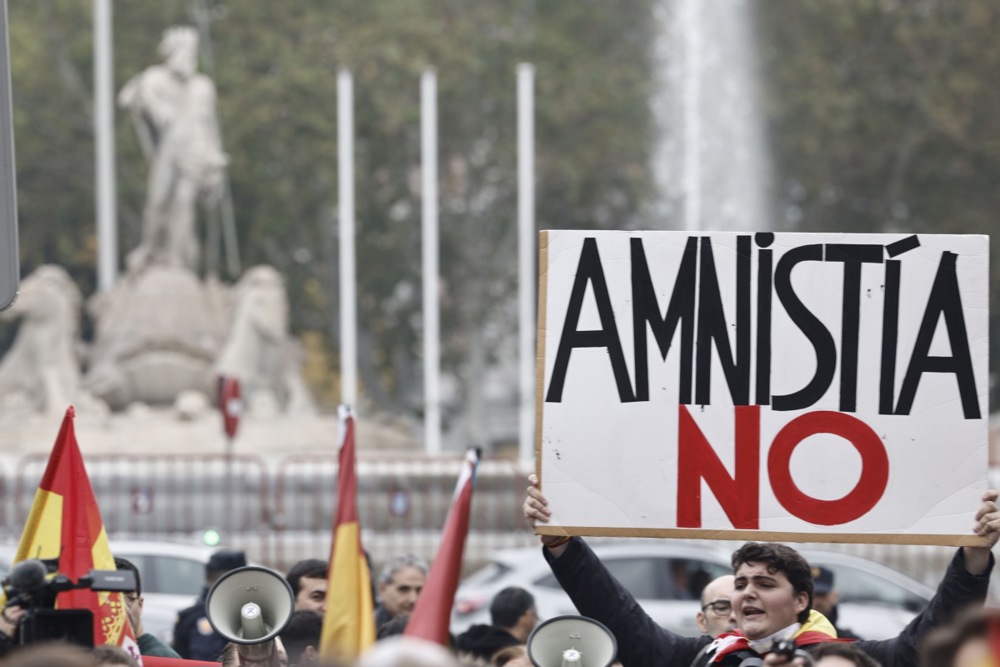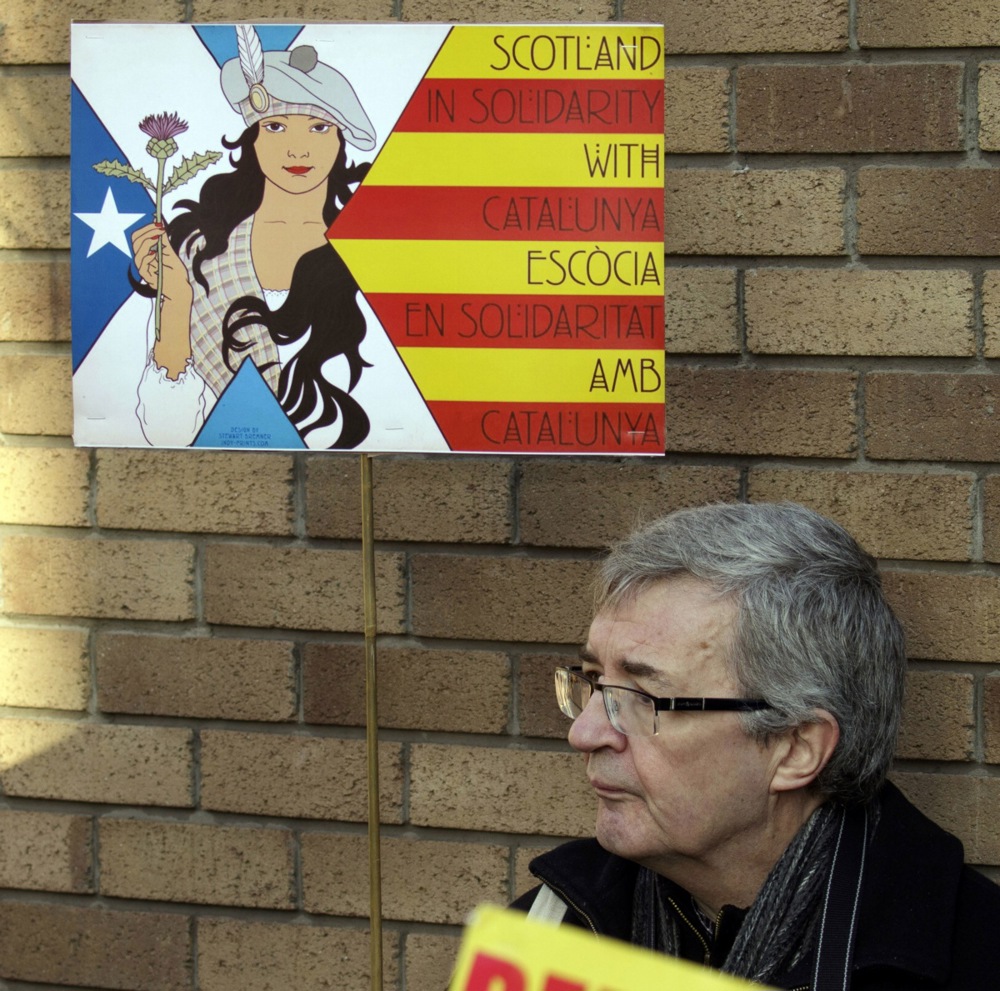“Do you want Catalonia to be an independent State?” That is the question Pere Aragonès, the acting President of Spain’s Catalonia region, had proposed to ask Catalans in a new independence referendum.
Spain’s Socialist Prime Minister Pedro Sánchez rejected that.
“This will not be the position of the Spanish Government or the Socialist Party’s,” he said.
Aragonès hit back, claiming Sánchez had “signed an agreement” to introduce “a new phase in the negotiation process about the future of Catalonia and its relationship with Spain”.
He was referring to his separatist Republican Left of Catalonia (ERC) party’s agreement to support Sánchez’s premiership bid.
Aragonès justified calling for a referendum with a report drafted by the Institut d’Estudis d’Autogovern, a think-tank sponsored by the Catalan Government.
According to the report, “The current framework allows a vote about the independence.”
The legality of such a referendum in Catalonia has been challenged by other research centres, including the conservative VOX party’s Fundación Disenso and the centre-right People’s Party (PP)-linked FAES.
Aragonès called for a snap election in March after the autonomous community’s annual budget was not passed.
In dismissing Aragonès’ referendum proposal as a campaign tactic, Sánchez added that the best option to “unite and serve Catalan society” was the Socialist Party’s candidate, former health minister Salvador Illa.
In October last year, Aragonès had called for a so-called “Scottish Way”referendum.
Catalonia has been at the centre of national politics since the beginning of the current Government’s legislative term.
The ongoing fragmentation of the Spanish Parliament has made separatist parties indispensable partners for the Socialist-progressive governing coalition.
Parliament recently passed an Amnesty bill that would pardon the Catalan separatists involved in the 2017 illegal referendum and Declaration of Independence.
The bill still needs to make its way through the Senate, a “hostile” chamber according to Aragonès. The PP, which has a majority in the Senate, looks set to stall and eventually veto it.
In Congress, the Socialist-separatist majority is expected to lift such a veto, which would enable the Amnesty bill to become law before the end of the year.
Carles Puigdemont MEP, former president of Catalonia, said he would return to Spain should his Junts per Catalunya party win a large enough majority in the Catalonia Parliament.
Puigdemont is wanted by the Spanish justice system over his alleged involvement in the 2017 referendum.





